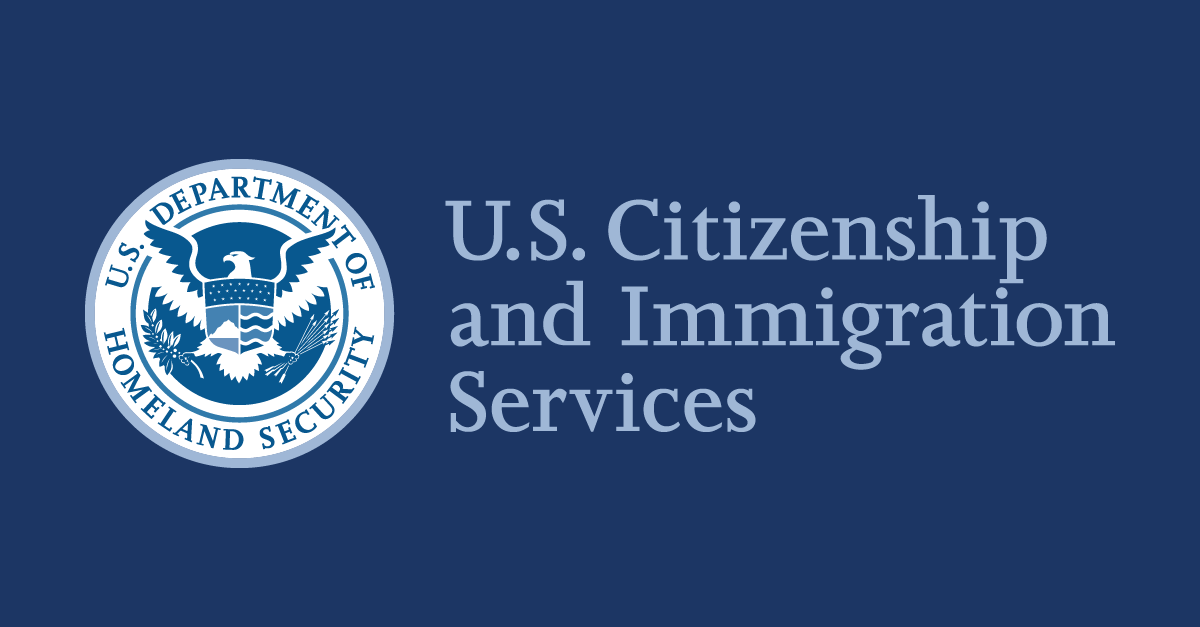Hi all.
I have a question regarding this - if i plan to naturalize using the 3 year rule, what do i need to do? Background info:
1. Wife is a natural born USC - left USA at the age of 2 and never stepped foot on US soil ever since then.
2. I got selected for DV lottery, activated the GC Nov of last year (2016).
3. My eldest child got included in the DV so he has a GC now. (DV3)
4. 2nd child (youngest) was not included and wife is petitioning for him now (I-130)
5. Currently out of the USA and plan to go back to USA this month (just me and my kid - wife still has to work in home country and taking care of the youngest)
6. Planning to get re-entry permit this month too (I-131) and return to my home country after the I-131 biometric.
7. Will make a move to the USA some time middle of next year after the petition is approved and visa in hand for the youngest.
Now my questions:
1. Let's just say i arrive on US soil again maybe July next year (July 2018), how soon can i apply for naturalization?
2. Would having Re-entry permit affects my application?
3. Also once I naturalized using 3 year rule, would my offspring , regardless where he/she is born (obviously out of the USA), be considered as a USC at birth? (i know that the offspring of parents where both parents are USC, will always be a USC IF one of them has been in the USA prior to the birth - but i just want to know that IF, just IF, USCIS considers only my citizenship (via naturalization after being LPR for 3 years), would my child automatically be considered as a USC? Or do i need to spend 5 years as a USC on US soil before that takes place?)
- SIDE INFO, prior to getting a GC, I spent 4 years in the USA on J1 visa years ago, completing my bachelors degree - not sure this period can be counted towards that 5 years being USC rule before my offspring can be considered USC at birth).
Thoughts?
I have a question regarding this - if i plan to naturalize using the 3 year rule, what do i need to do? Background info:
1. Wife is a natural born USC - left USA at the age of 2 and never stepped foot on US soil ever since then.
2. I got selected for DV lottery, activated the GC Nov of last year (2016).
3. My eldest child got included in the DV so he has a GC now. (DV3)
4. 2nd child (youngest) was not included and wife is petitioning for him now (I-130)
5. Currently out of the USA and plan to go back to USA this month (just me and my kid - wife still has to work in home country and taking care of the youngest)
6. Planning to get re-entry permit this month too (I-131) and return to my home country after the I-131 biometric.
7. Will make a move to the USA some time middle of next year after the petition is approved and visa in hand for the youngest.
Now my questions:
1. Let's just say i arrive on US soil again maybe July next year (July 2018), how soon can i apply for naturalization?
2. Would having Re-entry permit affects my application?
3. Also once I naturalized using 3 year rule, would my offspring , regardless where he/she is born (obviously out of the USA), be considered as a USC at birth? (i know that the offspring of parents where both parents are USC, will always be a USC IF one of them has been in the USA prior to the birth - but i just want to know that IF, just IF, USCIS considers only my citizenship (via naturalization after being LPR for 3 years), would my child automatically be considered as a USC? Or do i need to spend 5 years as a USC on US soil before that takes place?)
- SIDE INFO, prior to getting a GC, I spent 4 years in the USA on J1 visa years ago, completing my bachelors degree - not sure this period can be counted towards that 5 years being USC rule before my offspring can be considered USC at birth).
Thoughts?



Comment